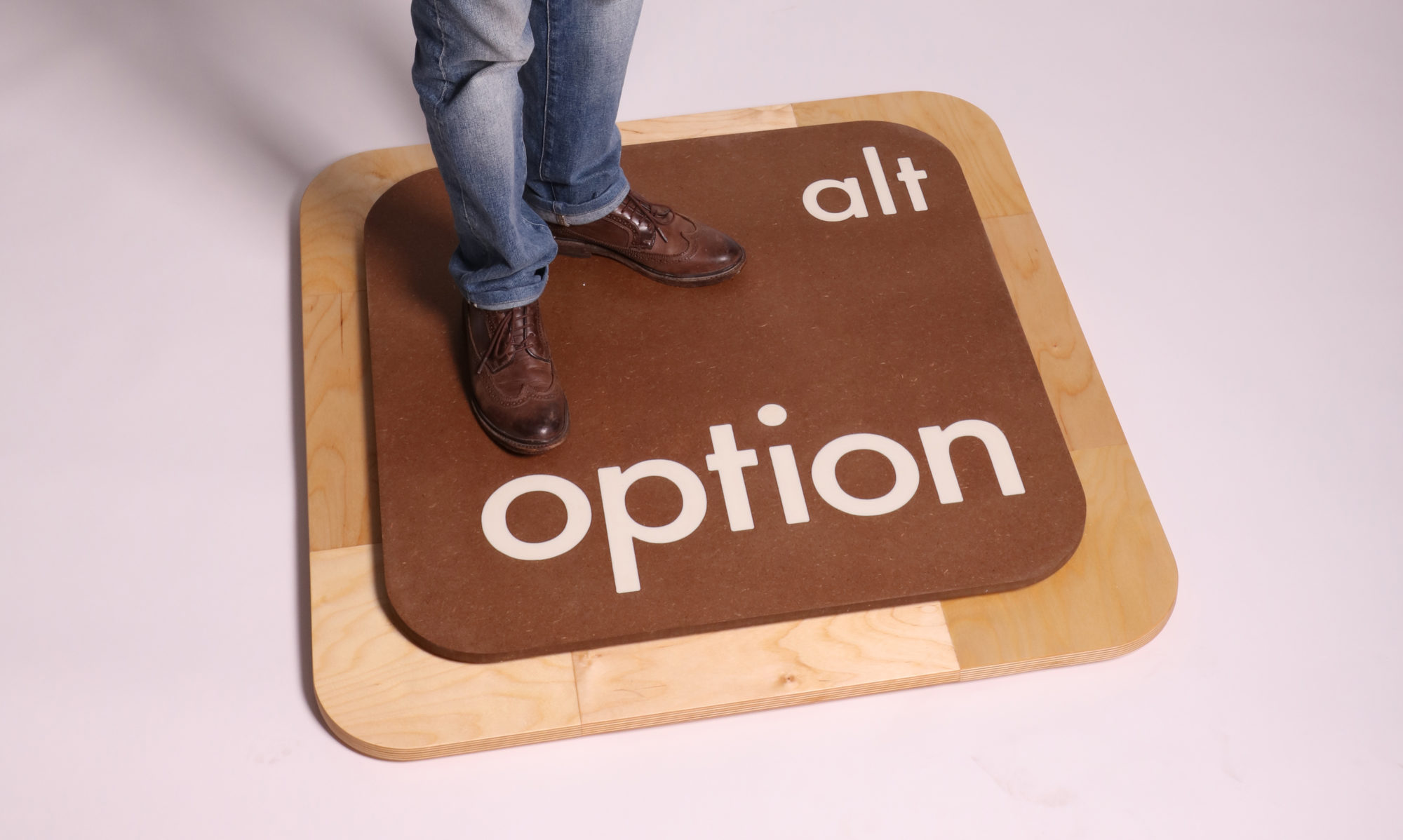- what is the difference between a game designer and a game developer?
The game designer is the author and makes the prototype of the game while the game developer cleans it up and removes blemishes so it’s ready to be published.
- what commonly occurs during the game development process?
During the development process, it is common that the developer has to go back and change some of the rules to avoid issues of overcomplexity which can lead to confusion and a bad play experience.
- what are the challenges of balancing a game?
Any game that directly involves numbers, numbers of cards, numbers of lives, objectives, etc are all difficult to manage. You want to ensure that it is as fair as possible at all times to avoid issues with the game driving the actions; players should drive action.
- what should every player of your game believe? why?
Every player should believe that the game is fair and operating in everyone’s best interest
- how can you avoid stealing players fun?
Ensure that everyone has a chance to win and allow the players to play the game how they intend. If there is an option to interact, let them interact. Allow optional mechanics to be optional. Make those in the lead work for the last bit to win so that other players can at least feel as though they have the power to catch up.
- what 10 maxims should you follow when writing rules?
Call things what they are, no vague terminology
Keep it simple, don’t make up new words for the game.
Don’t make more work from the beginning than what is necessary
Rules should focus on the rules, not the lore.
Keep it simple, don’t overestimate your players
Rule terminology is important. If it doesn’t make sense in writing, get rid of it and implement another way
Short and sweet
Be easy on the eyes, format your rules, cards, board, etc cleanly so as to be easily understood
Test your final version
If any errors appear, submit a new edition and/or correct errors online
- how has play testing changed your game?
Play testing has entirely changed the whole structure and strategic landscape of Blast Radius, and has made it way more fun to play
- who from class would you like to play test your next game or version 2 of your first game?
N/A
- who is the audience for your game?
12+ people
- who should play test your game outside of class?
Friends and family, but mostly people who don’t have any connection to you to be as objective as possible.
